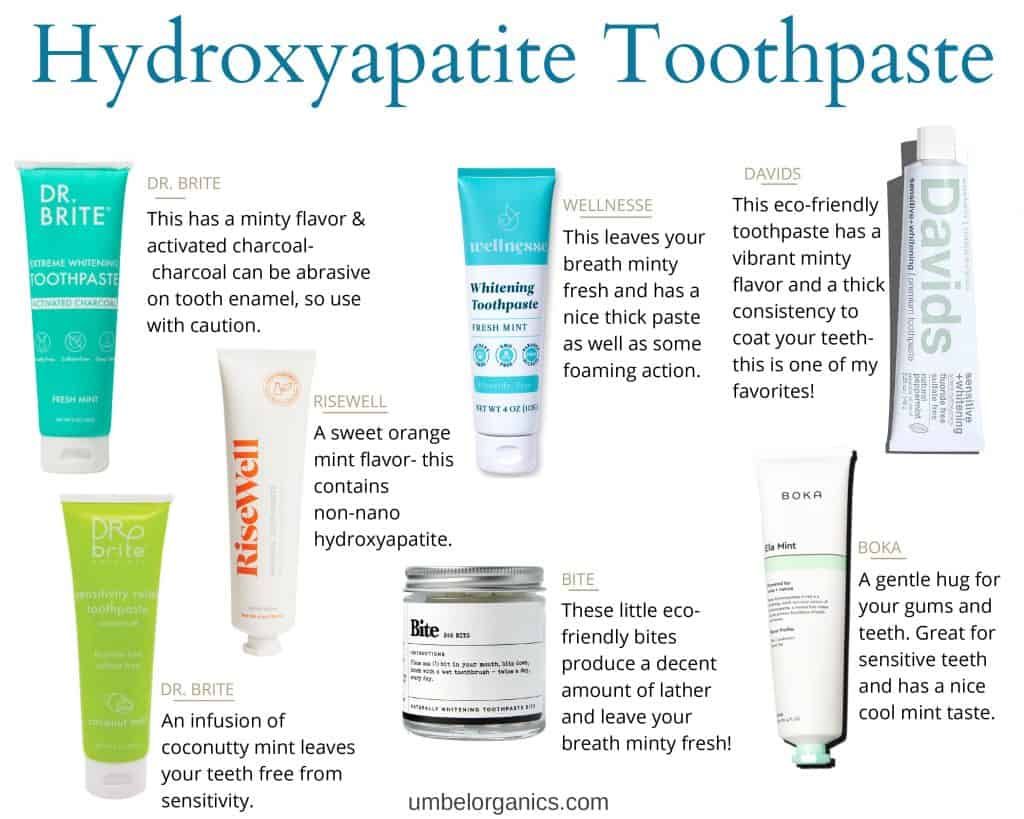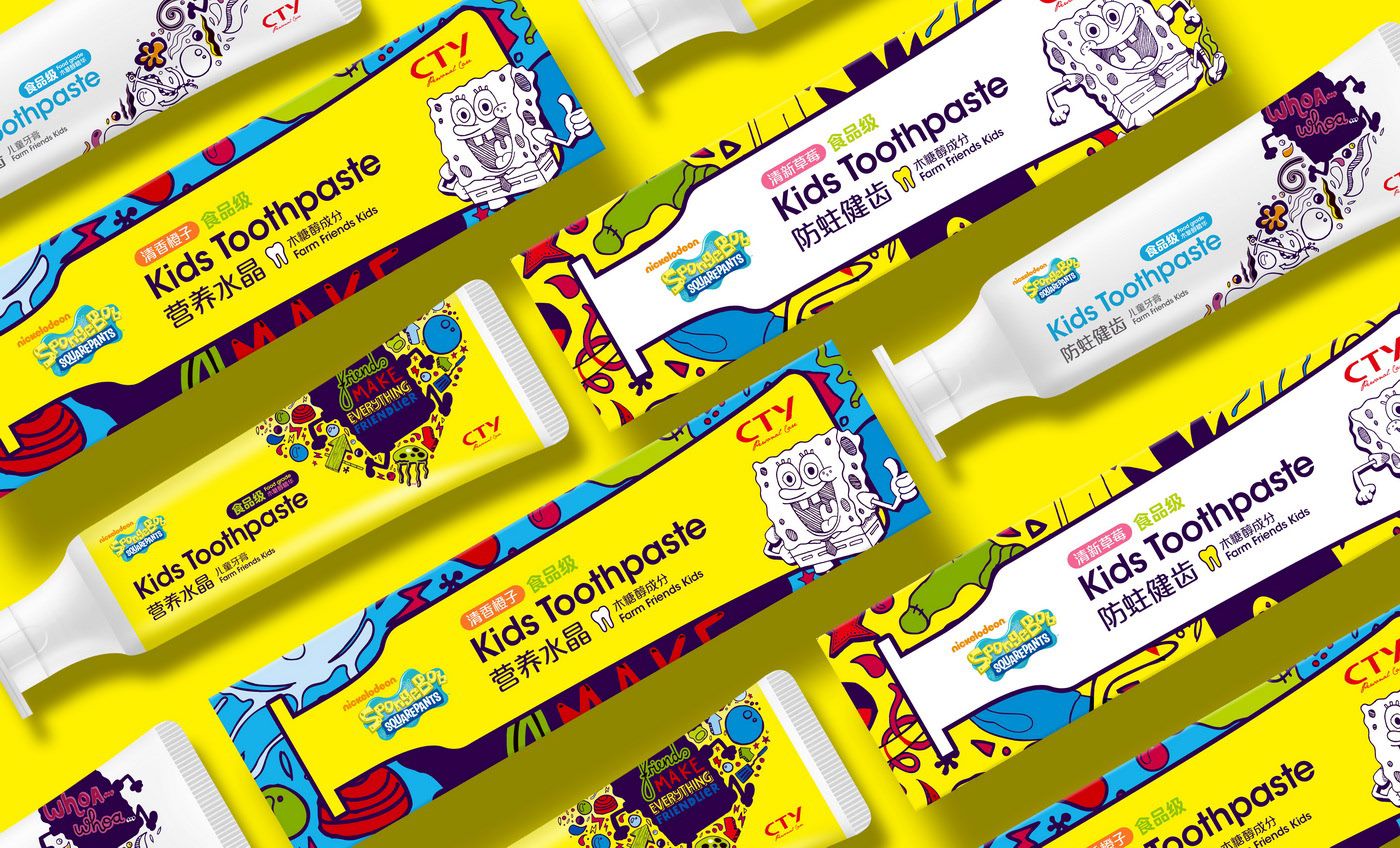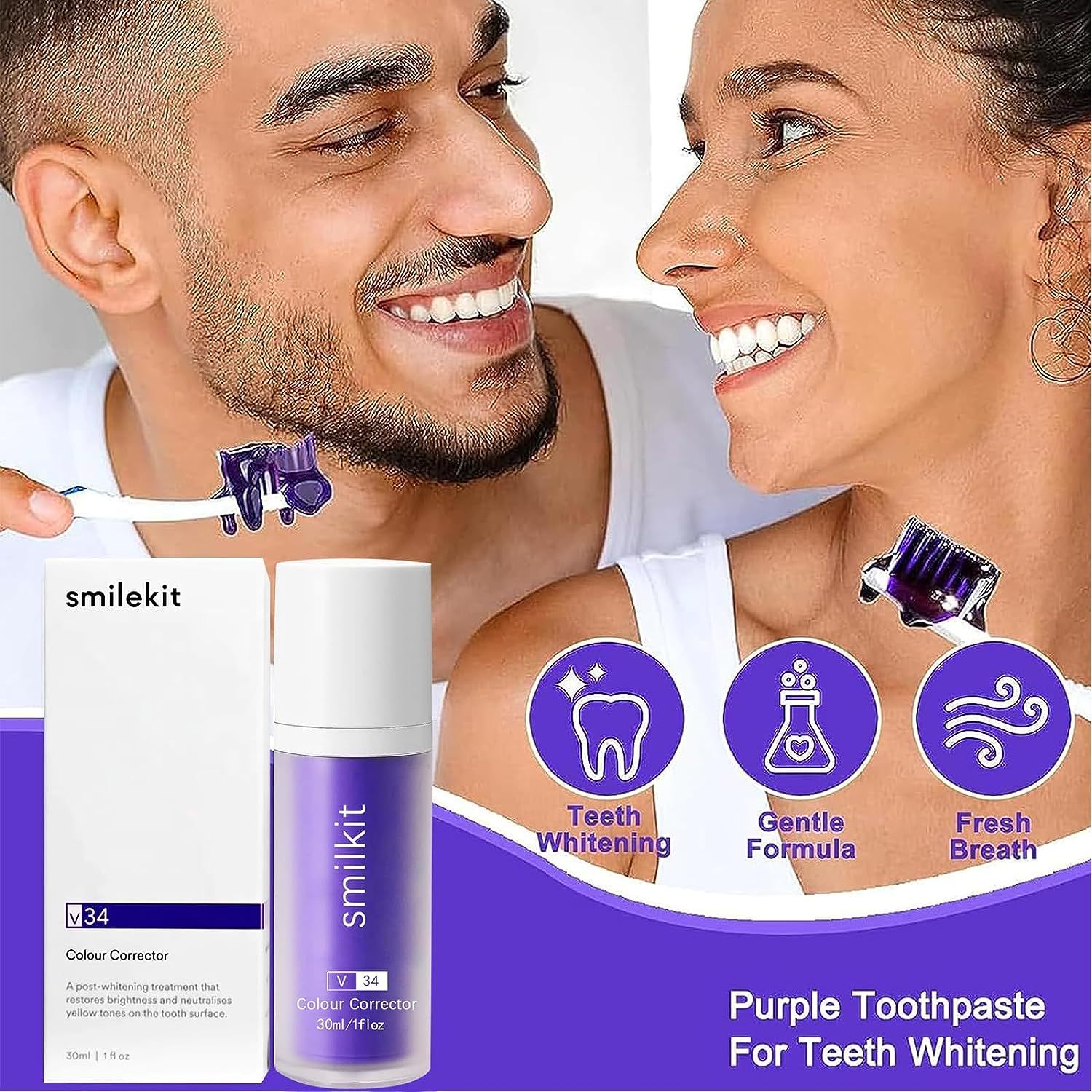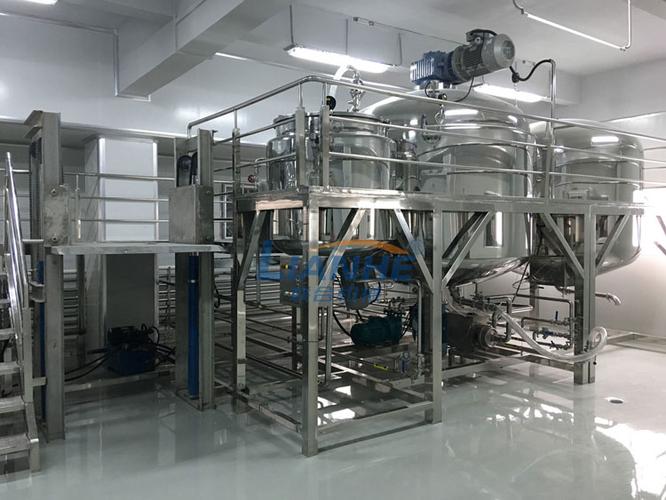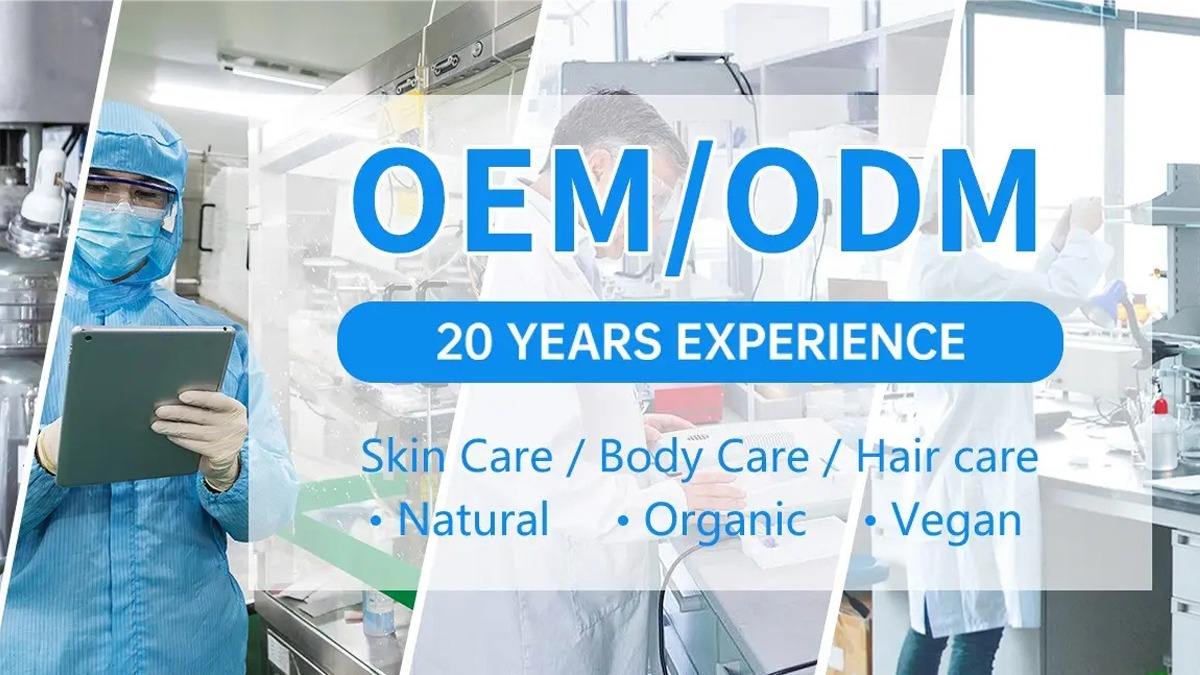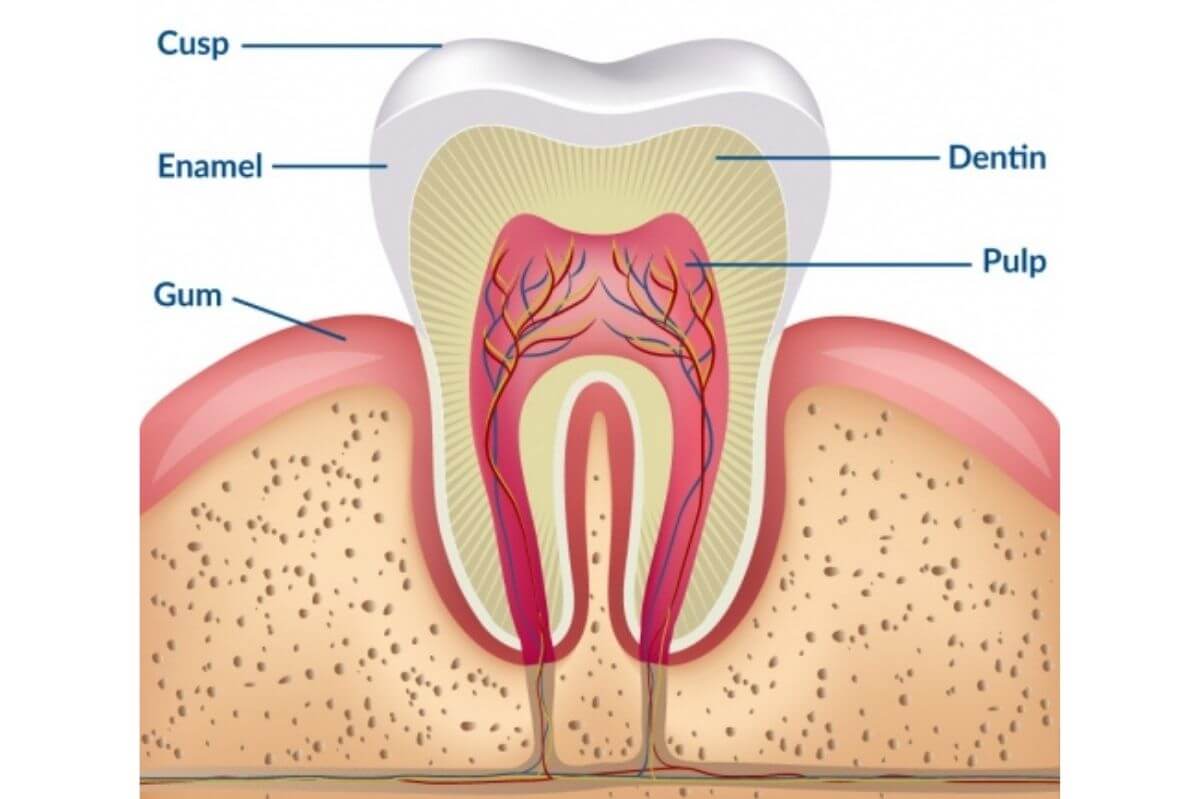Private Label Toothpaste Manufacturers UK
Introduction
Definition of Private Label Toothpaste
Private label toothpaste refers to dental care products manufactured by one company and sold under another company’s brand. These products are typically produced by large-scale manufacturers and packaged to meet the branding requirements of retailers or other businesses. Private label toothpaste allows retailers to offer high-quality dental care products under their own brand names, often at a lower cost compared to national brands.
Importance of Private Label Products in the Market
Private label products have gained significant importance in the market due to their cost-effectiveness and the ability to provide consumers with quality alternatives to branded products. Retailers benefit from higher profit margins, increased brand loyalty, and the flexibility to tailor products to specific market needs. For consumers, private label products often represent good value for money without compromising on quality.
Overview of the Toothpaste Market in the UK
The UK toothpaste market is diverse and competitive, featuring a mix of well-established brands and private label products. The market has seen steady growth driven by increasing consumer awareness of oral hygiene and the introduction of innovative products. Private label toothpaste accounts for a substantial share of the market, with retailers leveraging their own brands to capture consumer interest and drive sales.
History of Toothpaste Manufacturing
Early History of Toothpaste
The history of toothpaste dates back to ancient civilizations, where various natural substances were used to clean teeth. Early forms of toothpaste included mixtures of crushed bones, shells, and herbs. The Egyptians, Greeks, and Romans each had their own versions of dental care products, often using abrasive materials to remove debris from teeth.
Evolution of Toothpaste Ingredients
Over the centuries, toothpaste formulations evolved to include a variety of ingredients aimed at improving dental health. In the 19th century, developments in chemistry led to the inclusion of fluoride, which became a standard ingredient due to its cavity-fighting properties. Modern toothpaste may contain a range of ingredients such as abrasives, humectants, detergents, and therapeutic agents designed to promote oral hygiene and treat specific dental issues.
Development of Toothpaste Manufacturing Techniques
The manufacturing techniques for toothpaste have also evolved significantly. Early methods were rudimentary, involving manual mixing of ingredients. The industrial revolution brought about mechanization, allowing for more consistent and efficient production. Today, advanced technologies and automated processes ensure high standards of quality and safety in toothpaste manufacturing. Continuous innovation in production techniques helps manufacturers meet the growing demand for diverse and specialized toothpaste products.
Understanding Private Label Toothpaste
What is Private Label Toothpaste?
Private label toothpaste is produced by manufacturers who specialize in creating products that are then branded and sold by retailers or other businesses under their own names. These manufacturers operate behind the scenes, focusing on high-quality production and compliance with regulatory standards. Private label toothpaste allows retailers to offer unique products that align with their brand identity and customer preferences.
Benefits of Private Label Toothpaste
There are several benefits to private label toothpaste for both retailers and consumers. Retailers can differentiate their product offerings, build stronger brand loyalty, and enjoy higher profit margins. Consumers benefit from a wider selection of products, often at lower prices compared to national brands, while still receiving comparable quality and efficacy. Private label products also provide opportunities for customization and innovation, allowing retailers to respond quickly to market trends and consumer demands.
Comparison with Branded Toothpaste
While branded toothpaste products are marketed by well-known companies with extensive advertising and consumer trust, private label toothpaste offers a competitive alternative. Branded products often come with a premium price due to marketing and brand equity. In contrast, private label products focus on delivering value and quality without the high costs associated with brand promotion. For many consumers, the choice between branded and private label toothpaste comes down to personal preference and budget considerations.
Market Analysis
Current Trends in the UK Toothpaste Market
The UK toothpaste market is characterized by several key trends, including a growing interest in natural and organic products, increased demand for specialized formulations (such as whitening, sensitivity relief, and gum health), and the influence of digital marketing and e-commerce. Consumers are becoming more informed about oral care, leading to greater scrutiny of product ingredients and efficacy.
Market Share of Private Label Toothpaste
Private label toothpaste holds a significant share of the UK market, driven by major retailers like Tesco, Sainsbury’s, and Asda, who offer their own branded dental care products. The market share of private label toothpaste continues to grow as consumers seek affordable alternatives to national brands without compromising on quality.
Future Prospects and Growth Opportunities
The future of the private label toothpaste market in the UK looks promising, with several growth opportunities on the horizon. Innovations in product formulations, such as the inclusion of probiotics, CBD, and other novel ingredients, are expected to drive market growth. Additionally, the increasing popularity of online shopping and subscription services presents new avenues for distribution and customer engagement.
Manufacturing Process
Sourcing Raw Materials
The production of private label toothpaste begins with the careful sourcing of raw materials. Key ingredients include abrasives, fluoride compounds, detergents, and flavoring agents. Manufacturers prioritize high-quality, safe, and ethically sourced materials to ensure the efficacy and safety of the final product.
Production Techniques
Modern toothpaste production involves several stages, including mixing, homogenizing, and filling. Automated systems are used to precisely measure and blend ingredients, ensuring consistency and quality. The homogenization process creates a smooth and uniform paste, which is then filled into tubes or other packaging formats.
Quality Control Measures
Quality control is a critical aspect of toothpaste manufacturing. Manufacturers implement rigorous testing procedures at various stages of production to ensure that the product meets safety and efficacy standards. This includes testing for microbial contamination, consistency, and the correct concentration of active ingredients.
Packaging and Labelling
Packaging plays an important role in the marketing and distribution of private label toothpaste. Manufacturers provide a range of packaging options, including tubes, pumps, and sachets, tailored to the branding requirements of retailers. Labels are designed to comply with regulatory standards and provide clear information about the product’s ingredients, usage instructions, and benefits.
Key Players in the UK Market
Leading Private Label Toothpaste Manufacturers
Several manufacturers dominate the private label toothpaste market in the UK, offering a wide range of products to retailers. Key players include Contract Chemicals, McBride, and Swallowfield, each known for their expertise in producing high-quality dental care products for private label brands.
Notable Brands and Their Offerings
Retailers such as Tesco, Sainsbury’s, and Boots have established their own private label toothpaste brands, offering a variety of formulations to cater to different consumer needs. These products often include options for whitening, sensitivity, and natural ingredients, reflecting current market trends and consumer preferences.
Case Studies of Successful Brands
Case studies of successful private label toothpaste brands highlight the importance of quality, innovation, and effective marketing. For example, Tesco’s private label toothpaste range has gained a loyal customer base by offering high-quality products at competitive prices. The brand’s commitment to sustainability and ethical sourcing has also resonated with consumers, further boosting its market presence.
Consumer Preferences and Trends
Factors Influencing Consumer Choices
Several factors influence consumer choices when it comes to toothpaste, including price, brand reputation, ingredient safety, and specific oral care needs. Consumers are increasingly looking for products that offer multiple benefits, such as whitening, cavity protection, and fresh breath, all in one formulation.
Popular Ingredients and Formulations
Popular ingredients in modern toothpaste formulations include fluoride for cavity protection, activated charcoal for whitening, and natural extracts like tea tree oil and aloe vera for their soothing properties. There is also a growing trend towards fluoride-free and vegan formulations, catering to consumers with specific health and ethical concerns.
Trends Towards Natural and Organic Products
The trend towards natural and organic products is strong in the toothpaste
market. Consumers are increasingly seeking products free from synthetic chemicals, artificial flavors, and preservatives. Organic toothpaste formulations, which often include ingredients like coconut oil, baking soda, and essential oils, are becoming more popular. This trend is driven by a broader consumer movement towards natural and eco-friendly products, reflecting growing awareness of health and environmental issues.
Regulatory and Compliance
UK Regulations for Toothpaste Manufacturing
The manufacture of toothpaste in the UK is governed by stringent regulations to ensure consumer safety and product efficacy. The primary regulatory body overseeing toothpaste production is the Medicines and Healthcare products Regulatory Agency (MHRA), which enforces compliance with the Cosmetic Products Regulation (EC) No 1223/2009. This regulation stipulates guidelines on ingredient safety, labeling, and product claims.
Compliance with Safety Standards
Manufacturers must adhere to various safety standards, including Good Manufacturing Practices (GMP), which ensure products are consistently produced and controlled according to quality standards. Regular audits and inspections by regulatory bodies are conducted to verify compliance. This includes testing for contaminants and verifying the concentration of active ingredients like fluoride.
Certification Requirements
Certification requirements for toothpaste include CE marking for medical devices, which some therapeutic toothpastes may qualify for. Additionally, products labeled as organic or natural may seek certification from bodies like the Soil Association or COSMOS, which provide assurances regarding the authenticity of natural and organic claims.
Challenges and Solutions
Common Challenges in Manufacturing
Manufacturing private label toothpaste comes with several challenges, including maintaining consistent quality across large production batches, sourcing high-quality raw materials, and navigating complex regulatory requirements. Additionally, manufacturers must stay ahead of market trends and consumer preferences to remain competitive.
Strategies for Overcoming Challenges
To overcome these challenges, manufacturers invest in advanced technology and automation to ensure precision and consistency in production. Strong relationships with reliable suppliers help secure high-quality raw materials. Staying updated with regulatory changes and investing in research and development allows manufacturers to innovate and adapt to market needs.
Innovations in Toothpaste Formulation
Innovations in toothpaste formulation are key to staying competitive in the market. Recent advancements include the development of toothpaste with probiotics to promote oral microbiome health, toothpaste infused with CBD for its purported anti-inflammatory properties, and formulations incorporating cutting-edge whitening agents that are gentle on enamel.
Marketing and Distribution
Effective Marketing Strategies
Effective marketing strategies for private label toothpaste involve highlighting the unique selling points of the product, such as natural ingredients, specialized formulations, and cost advantages. Utilizing digital marketing, including social media, influencer partnerships, and targeted online ads, can significantly enhance brand visibility and consumer engagement.
Distribution Channels in the UK
Distribution channels for private label toothpaste include traditional retail outlets like supermarkets and pharmacies, as well as online platforms. E-commerce has become increasingly important, with many consumers preferring the convenience of online shopping. Subscription services for dental care products are also gaining popularity, offering consumers regular deliveries of their preferred toothpaste.
Online vs. Offline Sales
While offline sales through physical stores remain significant, online sales are rapidly growing. The convenience of online shopping, coupled with detailed product information and customer reviews, makes it an attractive option for many consumers. Retailers are investing in robust online platforms and digital marketing strategies to capture this growing segment.
Sustainability and Environmental Impact
Sustainable Manufacturing Practices
Sustainable manufacturing practices are becoming a priority in the toothpaste industry. Manufacturers are adopting eco-friendly production methods, such as reducing water and energy consumption, minimizing waste, and using renewable energy sources. These practices not only reduce environmental impact but also appeal to environmentally conscious consumers.
Impact of Toothpaste Packaging on the Environment
Toothpaste packaging is a significant environmental concern, with traditional plastic tubes contributing to landfill waste. Manufacturers are exploring sustainable packaging options, such as biodegradable tubes, recyclable materials, and minimalistic packaging designs. Innovations in packaging can significantly reduce the environmental footprint of toothpaste products.
Efforts to Reduce Environmental Footprint
Efforts to reduce the environmental footprint of toothpaste include sourcing ingredients from sustainable suppliers, using eco-friendly packaging, and supporting conservation initiatives. Brands that actively communicate their sustainability efforts and certifications often gain favor with consumers who prioritize environmental responsibility.
Future of Private Label Toothpaste
Technological Advancements
Technological advancements are set to shape the future of private label toothpaste. Innovations such as 3D printing for custom toothpaste formulations, advanced diagnostic tools for personalized dental care, and smart packaging with QR codes for product information and authenticity verification are on the horizon.
Predicted Market Trends
Predicted market trends for private label toothpaste include continued growth in demand for natural and organic products, increased interest in specialized formulations for specific dental concerns, and the rise of personalized oral care solutions. The shift towards sustainability and ethical consumerism is also expected to drive market changes.
Innovations on the Horizon
Future innovations in toothpaste may include developments in nanotechnology for enhanced delivery of active ingredients, biodegradable and compostable packaging, and the integration of artificial intelligence in product recommendations and consumer engagement. These innovations will likely enhance the effectiveness, convenience, and environmental sustainability of toothpaste products.
Conclusion
The private label toothpaste market in the UK presents numerous opportunities for growth and innovation. With a strong focus on quality, sustainability, and consumer preferences, manufacturers can successfully navigate the challenges and capitalize on emerging trends. As the market continues to evolve, private label toothpaste is poised to play a significant role in meeting the diverse needs of consumers while promoting oral health and environmental responsibility.
Try Lidercare Now!
We Help You Launch New Products, And Continue To Grow. Try Us With 20% Off Your First Order!
FAQs
1. What is your minimum order quantity?
- Our minimum order quantity (MOQ) varies depending on the specific product you are interested in. However, we generally work with our customers to find a solution that meets their needs, regardless of order size. We are committed to providing our customers with the high-quality products they need, no matter their order volume.
2. What types of toothpaste do you offer?
- We offer a wide variety of toothpaste products to meet the needs of our customers. Our selection includes:
- Fluoride toothpaste
- Whitening toothpaste
- Sensitive toothpaste
- Natural toothpaste
- Children’s toothpaste
- We can also customize toothpaste products to meet your specific requirements.
3. How much does your toothpaste cost?
- Our toothpaste prices are competitive and vary depending on the product, order quantity, and packaging requirements. We offer our customers a variety of pricing options to fit their budgets. Please contact us for a quote on your specific needs.
4. What is your delivery time?
- Our lead times vary depending on the product and order quantity. However, we typically ship orders within 2-3 weeks of receipt. We work closely with our customers to ensure that they receive their orders on time and within budget.
5. What customization services do you offer?
- We offer a variety of customization services to meet the needs of our customers. These services include:
- Private labeling
- Custom formulas
- Packaging design
- We can also help you develop new toothpaste products from scratch.
Table of Contents
Awesome! Share to:
Latest Blog Posts
Check out the latest industry trends and take inspiration from our updated blogs, giving you a fresh insight to help boost your business.


